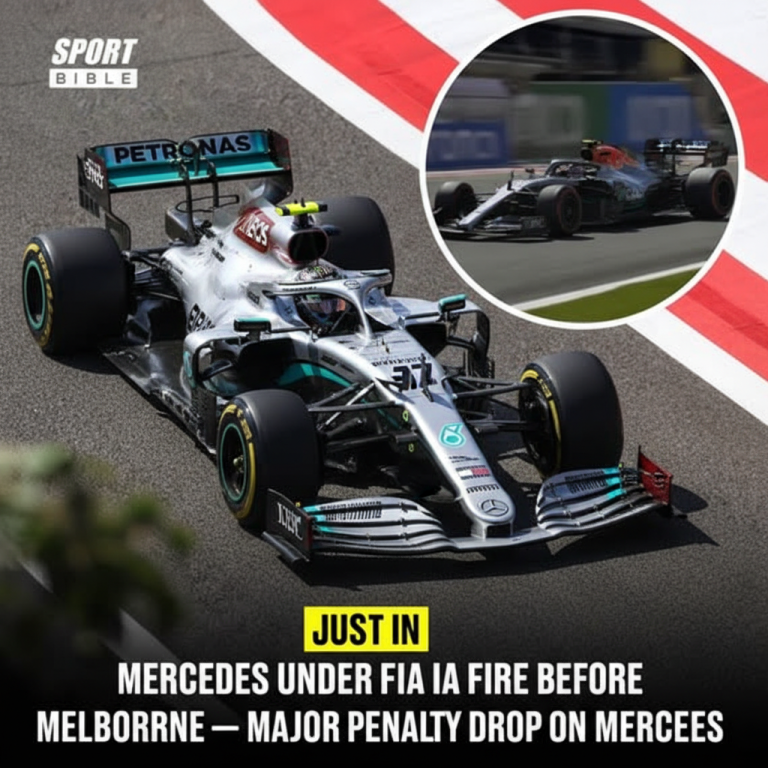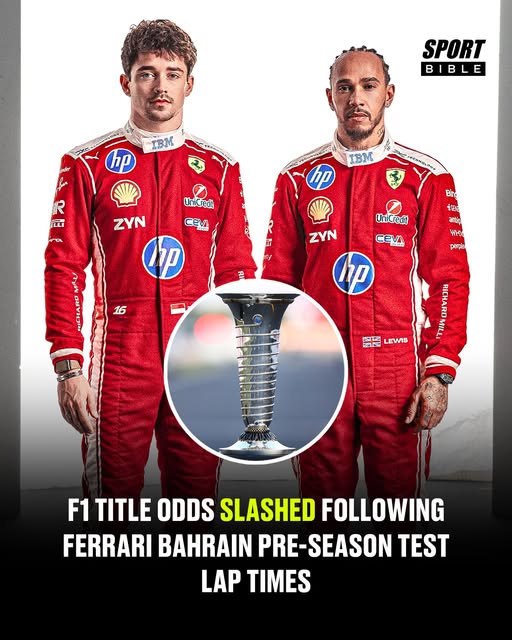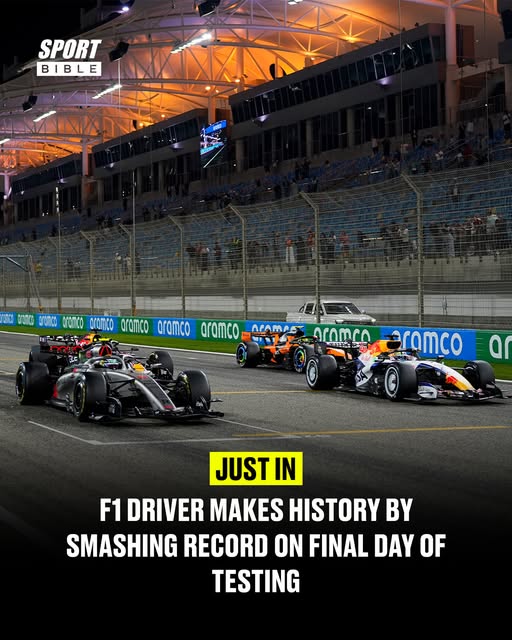
Tension is quietly rising ahead of the season-opening Australian Grand Prix as two of Formula 1’s biggest names find themselves under the microscope. Max Verstappen and Lewis Hamilton could be caught in the crossfire of the FIA’s tightened technical enforcement — and the paddock is already buzzing.
Sources suggest that aggressive development directions from their respective teams have pushed certain interpretations of the new regulations to the limit. With the FIA determined to clamp down early in the season, even the smallest grey-area innovation could trigger inspections, protests, or worse — penalties.
For Red Bull, whispers center around aerodynamic flexibility checks and rear-end load measurements, areas the governing body has made clear will face stricter monitoring. On the other side, Ferrari’s fresh upgrades for Hamilton have sparked debate about compliance thresholds under the updated technical framework.
Neither driver has been accused of wrongdoing, but history shows that early-season scrutiny can quickly snowball into full-blown controversy. With teams chasing marginal gains in a hyper-competitive grid, the margin between genius innovation and regulatory breach has never been thinner.
As Melbourne approaches, one thing is certain: if the FIA makes an example of anyone, it will send shockwaves through the championship fight before it even properly begins.



